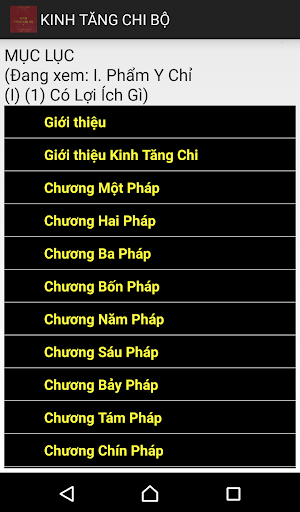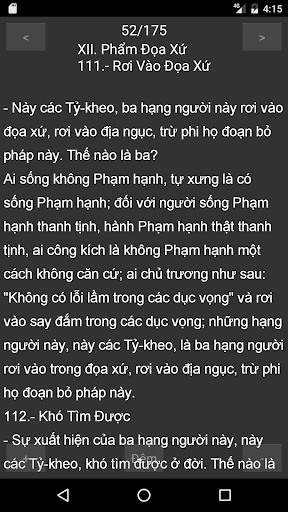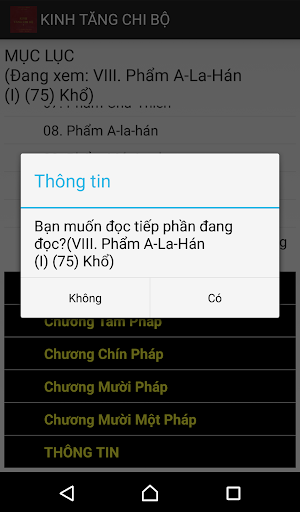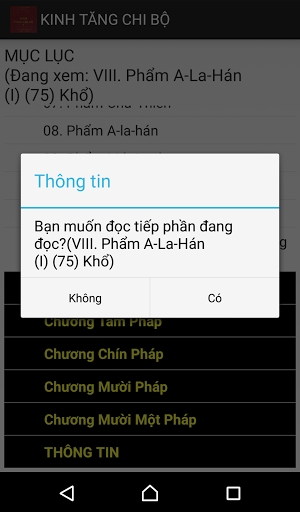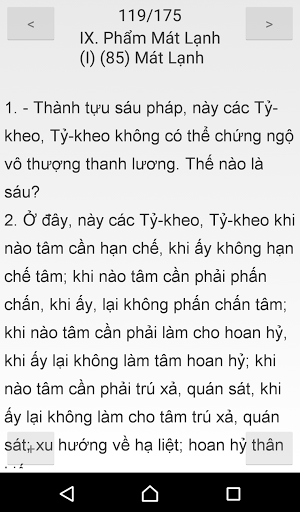The Anguttara Nikaya, the fourth volume of the five Pali Canon: Majjhima Nikaya, Samyutta Nikàya, Anguttara Nikaya (Anglicara Nikaya) Sutra, and Khuddaka Nikàya.
It was translated by the Most Venerable Thich Minh Chau from Vietnamese in 1976-1977, and was published by the Van Hanh Buddhist Institute in Saigon in 1980-1981. The program was edited in four volumes and reprinted in 1996, numbered 21, 22, 23, and 24.
Sutra is a set of economic order, from a French to eleventh, divided into 11 chapters (nipatas). Each chapter is divided into several products (vaggas). Chapter One of the Dharma (Ekaka Nipàta) consists of texts referring to a dharma. The Duka Nipàta consists of two related dharmas, and so forth, and the sequel to the Sixteenth Chapter of the Fa (Ekadasaka Nipata). The total number of recorded suttas is 2,308, but this number is not consistent because the number of discourses is not clear, and the number of suttas is 7,557.
The Pali Canon of the Pali is the equivalent of the Ekottara-Agama Sutta (Sanghadeva) translated from the Sanskrit Sanskrit text in 397 TL, during the Pre-Tang Dynasty , and translated by Thich Thien Sieu and Thich Thanh Tu (Vietnamese Organ Stew, No. 25, 26, 27).
.............
The Book of Genesis is a book of peculiar origins in Buddhist ethics and psychology, providing a comprehen- sive summary of all the essential characteristics related to the theory and practice of dharma.
The collection of these suttas, containing 9,557 short texts, is divided into eleven known chapters (Nipāta). Each chapter is divided into groups called vagga which usually have ten suttas. The sutras are ordinarily numbered, each consisting of several suttas, beginning with the number one to the number eleven in each of the last chapters. From then on, the name 'Tang Chi' means 'rise up to the law'. The first chapter in every prayer is called dharma; The second chapter of the sutta contains two dharmas called dharma number two and the last one is collected from the ten dharmas in each discourse called dhamma number eleven.
The Book of Genesis is a book of peculiar origins in Buddhist ethics and psychology, providing a comprehen- sive summary of all the essential characteristics related to the theory and practice of dharma. A unique product, entitled Etadagga of the first chapter of the Dharma, lists the names of the best disciples among the monks, bhikkhus, kusala and samadhi, who have made the mistake. the greatest in the field of accomplishment or good deeds, such as the virtue of Sriputta in Wisdom; Venerable Mahā Mogallāna in the Spirit; Bhikkhu ni Khemā in the field of wisdom, monks and nuns Uppalavaṇṇa in the Spirit; male and female Visakha in the field of giving; and etc..
............
 Samsung Galaxy Grand Prime
Samsung Galaxy Grand Prime
